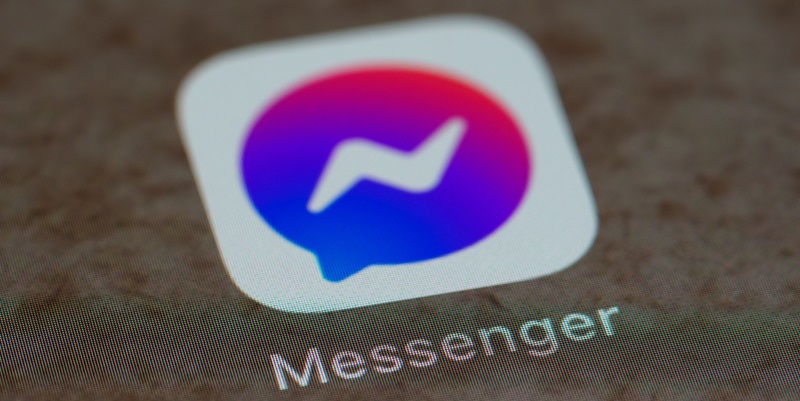In a historic revelation, Meta has declared a paradigm shift for its Messenger platform, unveiling the implementation of default end-to-end encryption for all personal messages and calls. This pivotal moment is destined to reshape the landscape of private communication, granting users enhanced security and unprecedented privacy. The implementation efforts behind this transformation involved years of strategic planning and development, requiring a collaborative effort from engineers, cryptographers, designers, and experts in diverse fields.
Implementation Efforts
Meta’s commitment to progress is demonstrated through the meticulous endeavor to make default end-to-end encryption the norm on Messenger. A dedicated team of professionals worked tirelessly to create a robust and secure system. Through their collective expertise, they ensured that the encryption implementation would meet the highest standards of privacy and security.
Benefits of End-to-End Encryption
The benefits bestowed upon users by end-to-end encryption are nothing short of profound. With this encryption in place, only the sender and recipient have access to the content of their messages and calls. A shield of confidentiality is erected, promising enhanced security and protecting users from external threats. By ensuring that messages can only be decrypted by the intended recipient, Meta strengthens the trust users place in their private conversations.
Unprecedented Privacy
In an unprecedented move, Meta has chosen to relinquish the ability to access user communications. By doing so, they assure their user base an unprecedented level of privacy for delicate conversations. This decision separates Meta from many other communication platforms that gain access to user data. Meta is determined to earn and maintain the trust of its users by making privacy a fundamental pillar of Messenger.
Transformation of User Experience
This transformative update extends far beyond the realm of encryption, introducing a suite of captivating features destined to elevate user experience and control. Users will now have the ability to edit messages within a 15-minute window, allowing for corrections and adjustments. Additionally, enhanced control over disappearing messages will provide users with more options for maintaining the confidentiality and privacy of their conversations. These features transcend conventional messaging norms, giving users the power to communicate on their own terms.
Rollout of Default Encryption
As Messenger prepares to embrace default end-to-end encryption, the global user base of over a billion will witness a gradual yet meticulous rollout over the coming months. Meta wants to ensure that the transition is smooth and successful, allowing users to embrace the new level of security while navigating any potential challenges. By taking a measured approach, they are dedicated to ensuring the global user base can fully enjoy the benefits of default encryption without any disruption.
This monumental update heralds a new era for Messenger, solidifying its status as a trailblazer in secure and private communication. Meta’s commitment to default end-to-end encryption reflects their dedication to prioritizing user privacy and ensuring the security of personal information. With this groundbreaking shift, Meta is not only reshaping the landscape of private communication but also setting a higher standard for other platforms to follow. The implementation efforts and collaborative work of engineers, cryptographers, designers, and experts have culminated in a truly transformative experience for Messenger users. As the rollout continues, millions of users will embrace the enhanced security and privacy capabilities of Messenger, ultimately revolutionizing the way we communicate and reinforcing the importance of privacy in the digital age.

